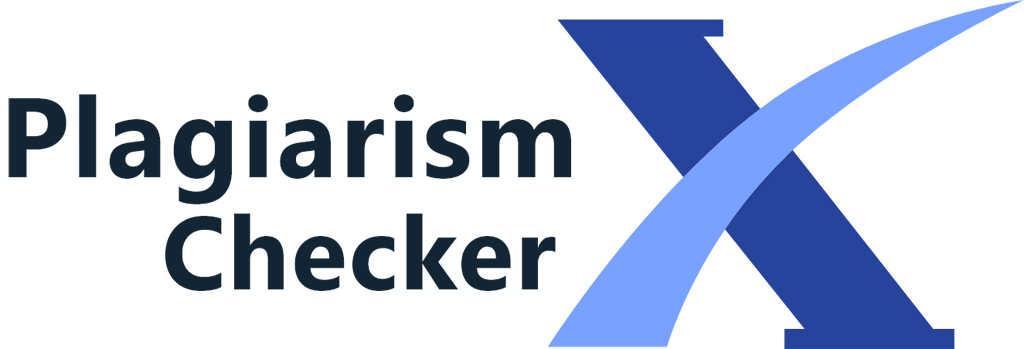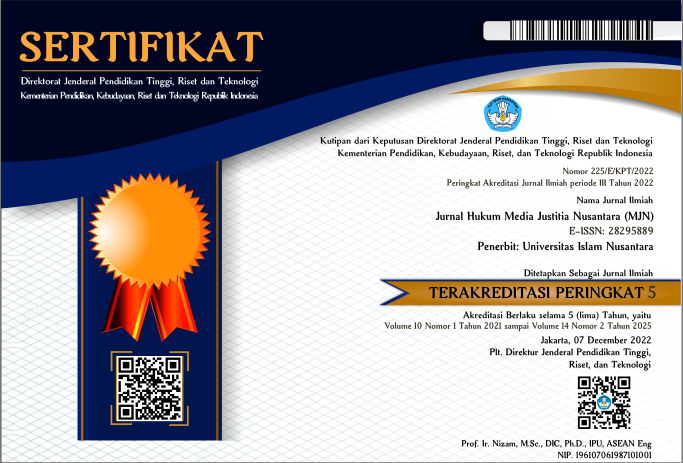Perlindungan Hukum Terhadap Narapidana Anak Terkait Dengan Hak Pembebasan Bersyarat di Lembaga Pembinaan Khusus Anak Klas III Bandung Berdasarkan Undang-Undang Nomor 11 Tahun 2012 Tentang Sistem Peradilan Pidana Anak
DOI:
https://doi.org/10.30999/mjn.v7i1.529Abstract
Parole is one part of prisoner formation in the correctional system. The purpose of parole for child prisoner is the social reintegration of child prisoners to generate motivation or encouragement to them towards the goal of coaching, give an opportunity to get education and skills to prepare themselves to live independently in the community after being free, encouraging people to actively participate in the implementation of correctional insitution, and significantly to reduce the number of prisoners. Law No. 11 of 2012 concerning the Child Criminal Justice System states that children who have undergone 1/2 their sentences in a prison and not less than 3 months of good behavior are entitled to parole. The problem identified in this study is how is the legal protection of child prison related to the right to parole at the LMKA, Class III Bandung? And how is the concept of fulfilling the rights of child prisoners in the process of coaching at the LMKA in order to fulfill the rights of future child prisoners? The research is descriptive analytical in the form of drawing and reviewing facts that are intended to provide a clear picture of the problem with the intention of providing data or a picture of the problem as thoroughly as possible. The approach method is normative juridical which focuses on research on library data through legal principles and legal comparisons. The research phase is carried out by collecting secondary data and then conducting library studies including interviews with several speakers as supporting data, which will be developed to strengthen the assumptions and conclusions to be formulated. Data analysis will be conducted in a juridical-qualitative manner, which is an analysis with descriptive-analytical decomposition. The results of the study found the implementation of the parole release program refers to the Regulation of the Minister of Law and Human Rights Number 21 of 2013 which is not in line with Law No. 11 of 2012. Child prisoners can take part in the parole program if they have undergone a minimum of 2/3 sentences periods of at least 9 months and behave well during the shortest period of 9 months. LMKA Class III Bandung has not been able to apply the requirements as stipulated in Law Number 11 of 2012 because there are no derivative implementing regulations. Seeing the existing developments, now is the right time to change or rearrange the legal substance through reviewing and structuring regulations on the implementation of prisoner guidance by paying attention to the hierarchy of legislation and respecting the fulfillment of human rights.













